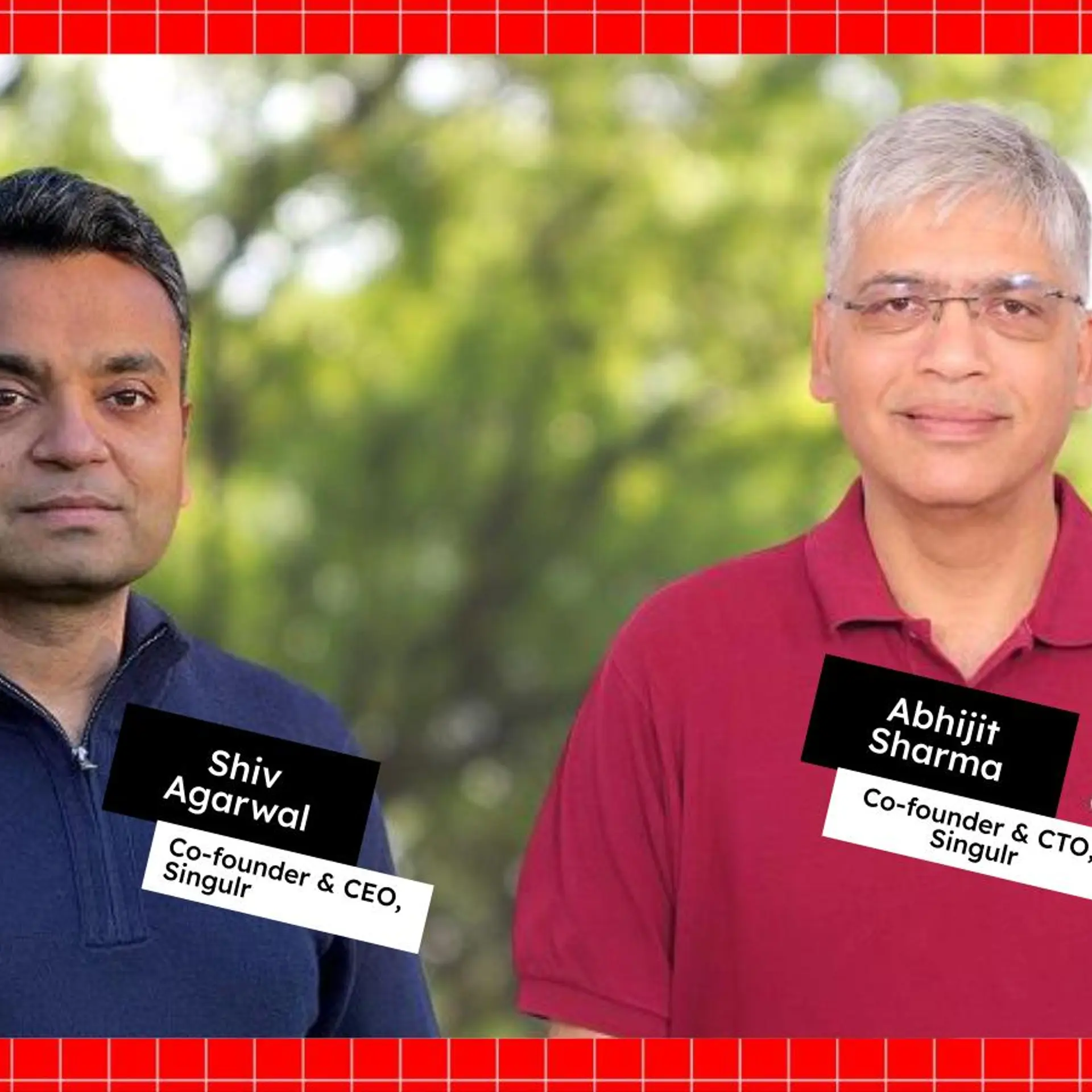The psychology of an ideal customer: How to connect with users on a personal level
By delving into the minds of your customers, you can uncover their motivations, desires, and pain points. This will build a strong brand presence, tailor your message and establish a connection with your target audience.
A business win is about making your product or service your customer's irreplaceable habit and creating a lovemark for your brand. Building a meaningful and sustained relationship with your Ideal Customer Profile (ICP) is impossible without knowing them at a deeper psychological level.
By delving into the minds of your customers, you can uncover their motivations, desires, and pain points. This will build a strong brand presence, tailor your message and establish a connection with your target audience.
This is where the concept of creating a customer persona comes into play. By developing a detailed profile of your ideal customer, or the brand lovemark, you can gain valuable insights for your marketing strategies and help you build long-lasting relationships with your customers.
Companies with strong ICPs (Ideal Customer Profiles) win 68% more accounts than their peers, according to Hubspot.
Become a mind reader
How can you deliver value to your buyers? Just like how you would put thought into choosing the right gift for a loved one, you need to be thoughtful to deliver value to a customer.
Since you can't predict and there isn't any AI for it yet, the only way to give value to buyers is by gaining a deep customer understanding. Delving into your customer's psychology means studying their buying behaviour and carrying out numerous meaningful customer conversations. You can read the book The Mom Test to arm yourself with valuable tools to excavate and access the psychology of your ICP by asking the right question.
● Know your customers, unearth their wants, and discover their biggest problems and pain points.
● Next, you need to figure out if you can solve their problem and do it better than anyone else.
● Tailor your products, services, and marketing strategies to align with ICP's needs
This builds trust, loyalty, and products and services your ICP love. With the currency of credibility, you get repeat customers, recurring revenue and referrals. Your product/service becomes their go-to solution.
The best founders have 100+ conversations with people in their target market, even before writing a single line of code!
Learn, see and hear before you pitch and sell
The only validation that something you are selling is good is when someone is willing to pay for it. A customer buys only when it serves their purpose. This is the first indication that you have a solution and someone is willing to pay for it.
Buyers will make repeated purchases when they see value in that solution. When buyers talk about how great the solution is and are willing to refer it to others, you know you have a great solution.
At no point can you become complacent and stop having customer conversations. Find out what made them buy from you rather than your competitors. Was it the ease of use, a certain feature or something else?
Listen to their conversations on various platforms. Engage with them and be an empathetic and genuine listener. Find out what questions they are asking. Try to gauge their positive as well as negative feedback and buying behaviour. Access and evaluate the evolving needs of your persona.
Founders of Billion dollar businesses make sure that they have at least one customer conversation each week. Another way is to listen to a curated customer service or sales call as a group every fortnight. Brings a lot of alignment as well within your team.s
Dig out the changing and unchanging aspects
Look out for the shifts happening in the environment and how it's affecting your ICP. Recently, AI and AI-powered products like ChatGPT have created waves globally. As a founder, you will want to leverage this and create a product using AI.
To avoid stagnating, you need to shift and iterate, as your Ideal Customer Profile (ICP) is not a static entity; it evolves with the ecosystem changes. But hold on a bit. Before you burn cash building new AI-powered products, motivated by herd instinct, try to find out if this product will actually help your user solve their problem better.
Despite major paradigm and platform shifts, basic human needs remain unchanged. Discover those unchanging JTBD (Jobs-To-Be-Done) for your ICPs, and if you can serve them better by powering it with the oh-so-cool AI, then go for it.
Everyone is curious about AI, so this could be a great opener for you to speak with your customer VP or CxO about their plans for AI and yours too in the process!
Unmask the emotions that trigger purchase
In any business, especially SaaS, 'How do they (ICP) buy?' is more important than the 'Jobs-To-Be-Done." Your product/service features and benefits are not the biggest reason why your customers make a purchase.
Most often, a buyer's purchase decision is driven by certain underlying emotional factors and cognitive biases. To unravel these, you must dive deep into the customer's hearts and minds. Understand their longings, anxieties, biases and dreams. Companies do well by building emotional connections with their ICPs.
At the end of the day, it’s a person buying your product. Never forget that!
Currency of credibility
Your buyers will trust customer reviews and peer testimonials from people who have already tried your product/service. Before visiting a restaurant or buying a product, we look for customer reviews and ratings. The same goes for your business. While customer success is extremely important, getting referrals and customer reviews from those satisfied customers is equally important.
When your customers share their positive experiences, they become your greatest brand ambassadors, attracting others with their genuine enthusiasm. Their referrals are a testament to the exceptional experience you provide.
They are not just endorsing your product/service but also the relationship you've built with them. By nurturing those relationships, the referrals will keep flowing.
Steve Jobs said that customers don’t trust your marketing about product quality, they either rely on their friends’ recommendations or make up their own opinions after using the product. Word of mouth, he said, is the most important channel for your business.
Uncover your ICP's decision-making process
User experience is important for customer success. However, end-users don’t always have a say in a B2B environment when it comes to purchasing decisions. The decision maker might be a CxO or a VP who is quite far from the analyst using the product. Further, the sales cycle is longer in larger companies. A Dreamdata benchmark survey reveals that enterprises take 40% longer to complete the purchase.
Understanding the various touch points and where you can help the customer purchase journey smoother helps anticipate barriers and eliminate roadblocks. Tailor your marketing efforts surgically for a seamless buying process.
Large ticket sizes mean more people need to agree to decide-don’t let that happen by accident!
Your ICP is more than just demographics. Don’t fall prey to Simpson's Paradox by relying only on quantitative aspects! To create a meaningful customer experience, it is important to understand your customers' psychological drivers, add the humane quotient, and make customer service your hero.
Prasanna Krishnamoorthy is a Partner at Upekkha.
(Disclaimer: The views and opinions expressed in this article are those of the author and do not necessarily reflect the views of YourStory.)







